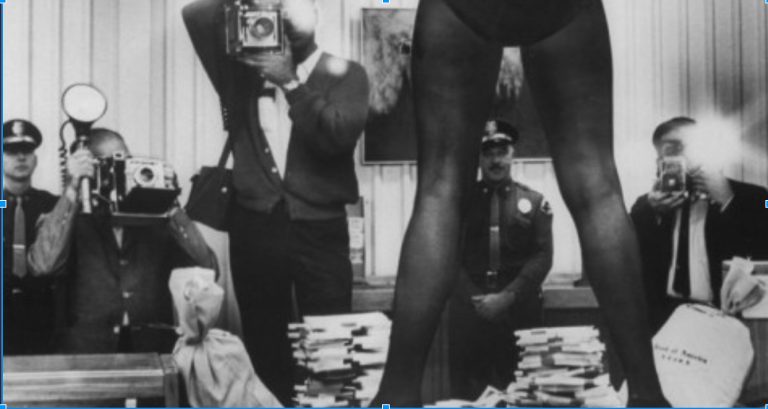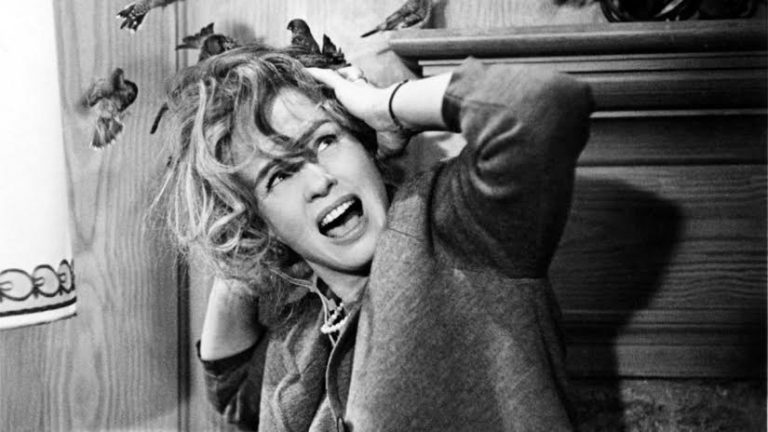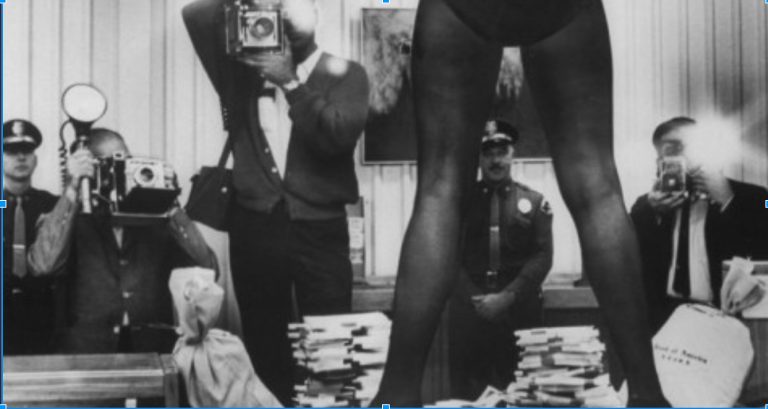“What Would Happen If ‘The Goods’ Got Together?”
In this final installment of Bette, Marilyn, and #MeToo, Kerry McElroy brings her timely and informative series to a close. But not before considering what today’s feminists and Hollywood insiders have to say about the relevance of studio-era actresses on this contemporary moment.








